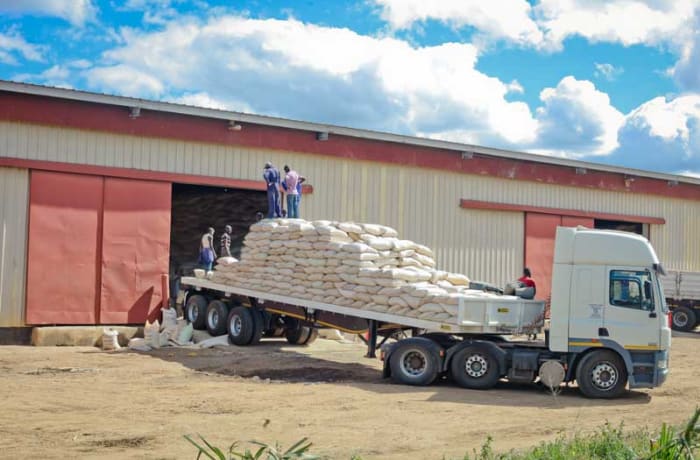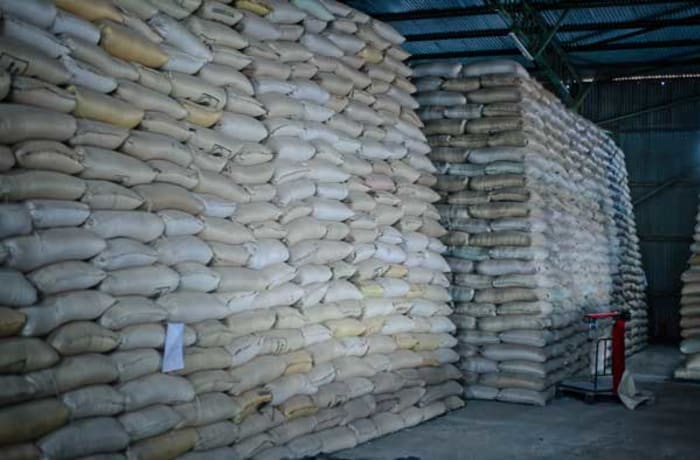
Food Reserve Agency (FRA)
In 1995, the Zambian government helped set up a national market-oriented economic system. Specifically this led to the liberalisation of the marketing and storage of agricultural produce, with the government reducing its participation. However the government’s involvement in the agricultural sector still includes the maintenance of food security reserves, run by the Food Reserve Agency. FRA also provides market support, and the provision of relevant market information and agricultural credit facilities to small-scale farmers.
Contact info
+260 978 774336, +260 955 286113
Message business
Enquiries, questions, quotation requests etc
Enquire via Email
Government agency
The Food Reserve Agency (FRA) was established to ensure a reliable supply and meet local shortfalls in the supply of designated agricultural commodities. This agency also addresses issues affecting the food reserve and the stabilisation of prices. FRA's goal is to complete the value chain by providing market access to small scale farmers in rural areas.
A national strategic food reserve agency
Meeting food emergencies caused by drought, floods, or any other natural disaster
Providing market access to small scale farmers in rural areas


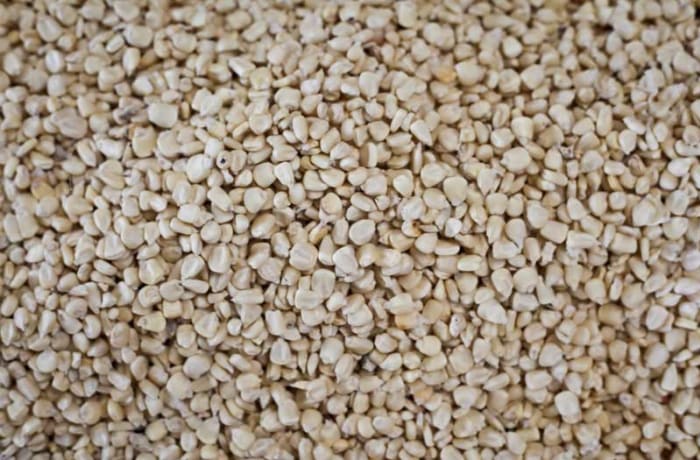

+3
Commodity buyers
The Food Reserve Agency (FRA) procures a wide selection of crops, especially maize from farmers across the country. Their marketing department is charged with the core responsibility of managing the national strategic food reserves. It is composed of four units namely standards and quality, market information, operations and monitoring as well as evaluation.
Agency procures a wide selection of crops, especially maize from farmers
Managing the national strategic food reserves
Increasing farmer net earnings hence improved living standards
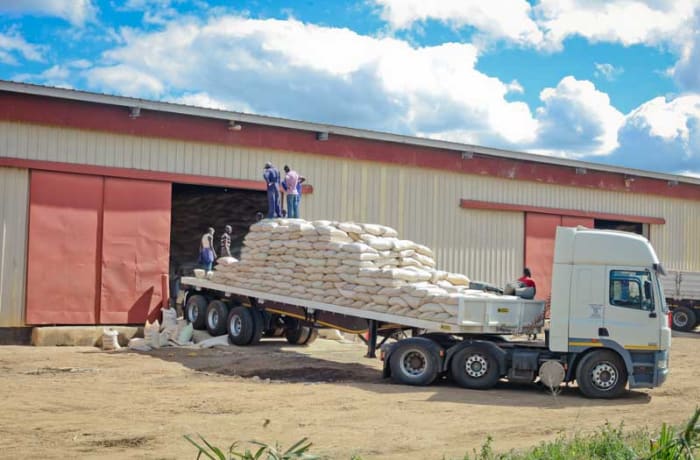



+2
Grain storage
After procurement, it is critical that necessary measures are put in place to store grains for long periods of time without spoilage. To this effect, FRA working with the government has constructed a good number of storage facilities across the country. The goal is to ensure that everything that is harvested by the farmer is easily transported and stored properly.
Storage facilities across the country
Effective grain storage techniques
Agency ensures that crops purchased do not go to waste

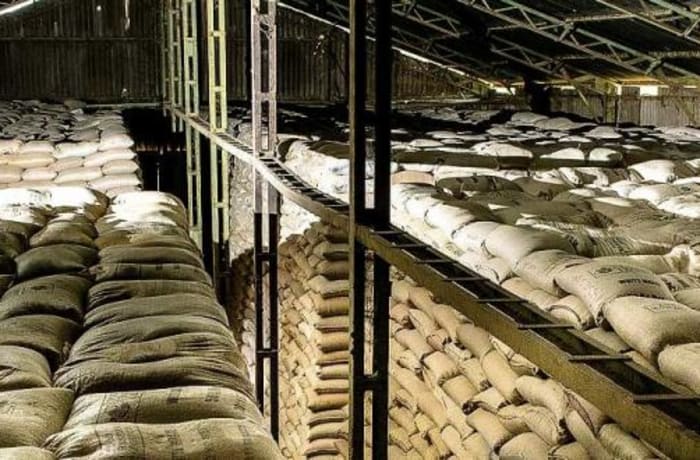


+2
Contact information
+260 978 774336, +260 955 286113
Message Food Reserve Agency (FRA)
Enquiries, questions, quotation requests etc
Enquire via Email
Run a business in Zambia?
© 2021 Infobwana, Ltd. All rights reserved. Formally thebestofzambia.com · Learn more




